Program Overview
At BWH, we are committed to providing our residents with the education, mentorship and resources to enable them to be exceptional clinicians and leaders.
Our program provides rigorous clinical training within a humanistic culture. Across all of our services – from the primary care clinic to the ICU – residents are taught by renowned faculty who help them develop the knowledge and skills to be outstanding internists and life-long learners. Across our clinical learning spaces, our program champions ideals of patient-centeredness, evidence-based practice, humility, and continuous growth.
In addition to our focus on clinical excellence, we ensure robust mentorship for residents, as well as specific, innovative opportunities to build the skills you will need to impact healthcare on a broader scale. The vast spectrum of expertise among our faculty – from basic science to health care policy – ensures that, no matter your interests, we can facilitate the personalized mentorship that will help you to realize your goals. Our pathways within the residency are a structured venue through which residents explore important areas of healthcare and conduct scholarly inquiry.
Our residency program follows a three-year structure, in which each year has a defined set of competencies and responsibilities. Interns are entrusted with principal responsibility for all aspects of patient care. Junior Residents assume the role of clinical supervisors and team leaders and Senior Residents continue in the roles of team leaders, while also assuming additional leadership and teaching roles including as Senior Medicine Consultant (“the phys,”) Teaching Resident, and VA or Faulkner chief resident. Senior Residents are given additional elective time to focus on scholarly work and career development.
Throughout our residency, we place the highest emphasis on humanism, both in our approach to patient care and in our approach to each other as colleagues and members of a working and learning community. Knowing that our residents have both responsibilities and passions that extend beyond their work as physicians, we work to ensure that residents are able to sustain all aspects of who they are during these intensive years of training.
At BWH, we are committed to recruiting and retaining residents who reflect the broad diversity of the patients and communities that we serve. We are committed to establishing an inclusive and equitable working and learning environment. As a residency community, we are united in a collective mission to advocate for a more just healthcare system and to build a healthier, more equitable world.
Top tier program with the most supportive environment and absolutely no cut-throat nature. Focus is on excellent patient care and learning rather than breaking you down. Wonderful colleagues
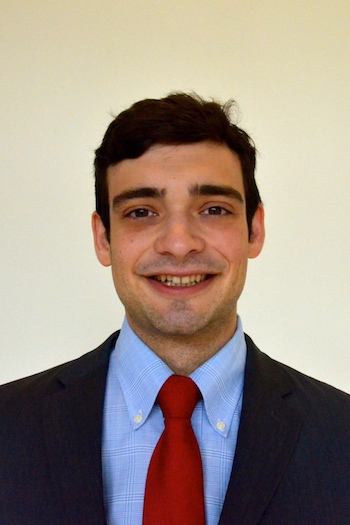
Exceptional clinical training, unparalleled opportunities, fantastic global health and health equity training
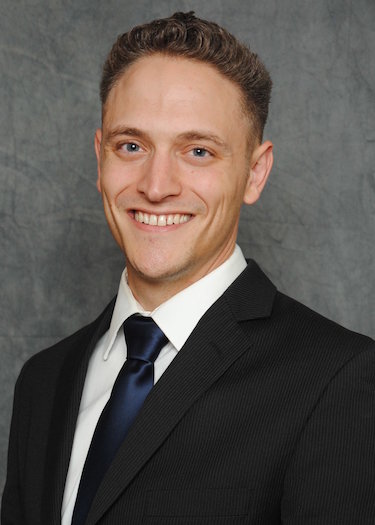
Brigham combines rigorous clinical training with the support and schedule you need to be a whole, happy human outside of medicine. You can do anything here, and you will be supported!
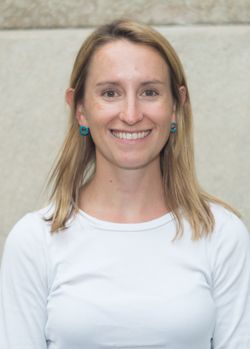
There's a culture of love within the program, especially within the primary care community that I thought would be really important to center on in my medical training.

I chose BWH for its exceptional clinical training in a collaborative environment, broad range of research exposure, and opportunities to grow as a medical educator.
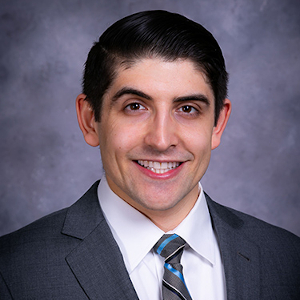
A major reason was the primary care track. I have enjoyed having a smaller network of people within the larger program who love primary care and who are passionate about social justice and health equity.
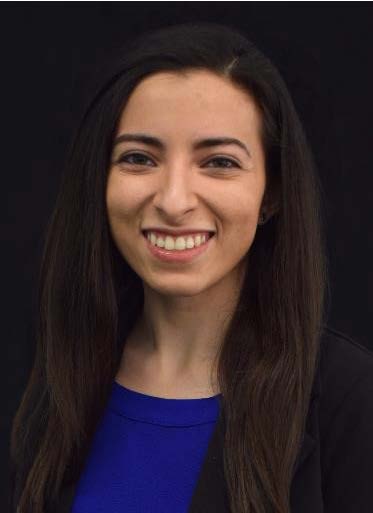
Having co-workers who not only want the best for patients and their families, but also for their colleagues and daily provide support for each other to ensure this is realized.
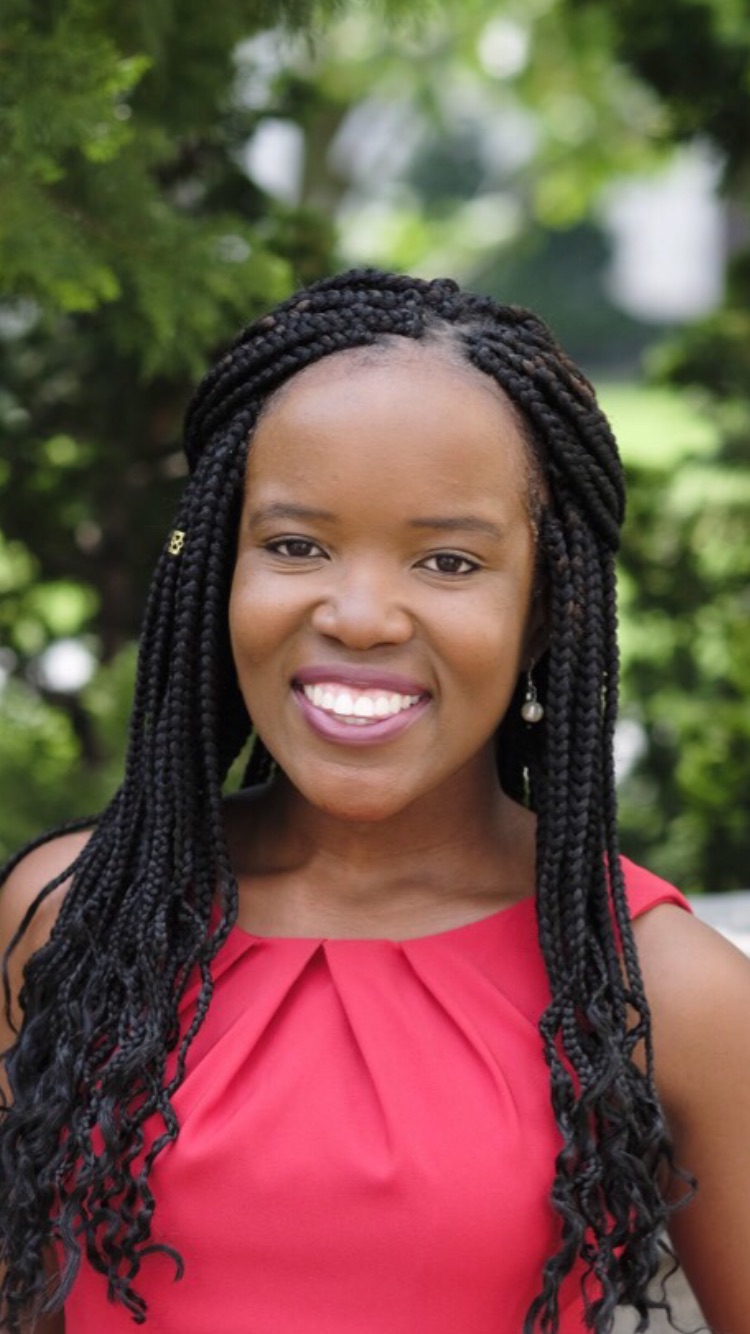
The common thread amongst trainees, faculty, and staff is kindness and empathy, which is so important with the constant challenges you can face practicing medicine.
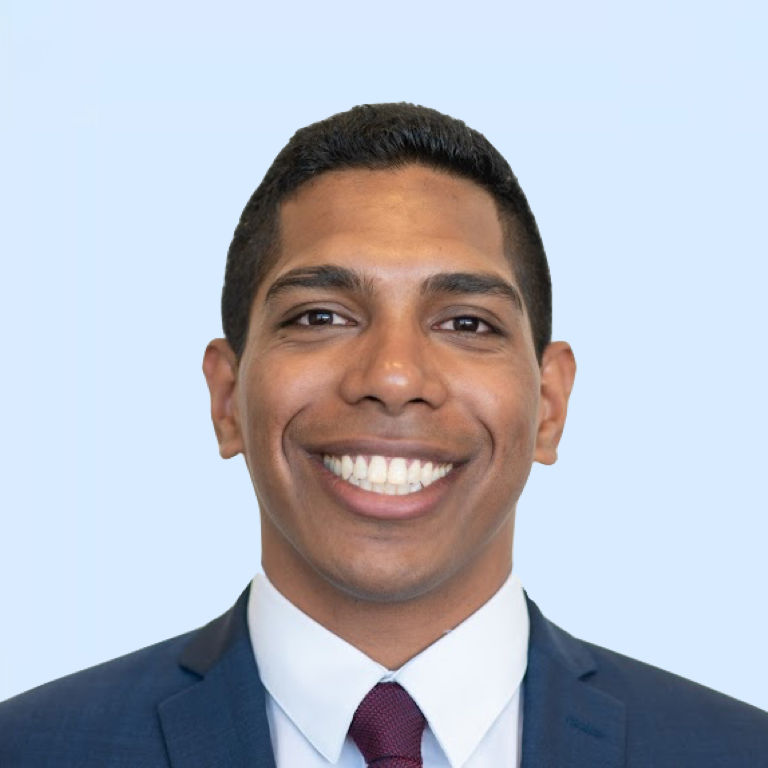
We take our jobs seriously without taking ourselves too seriously.

The culture that recognizes the humanity and complexity of patients and providers.
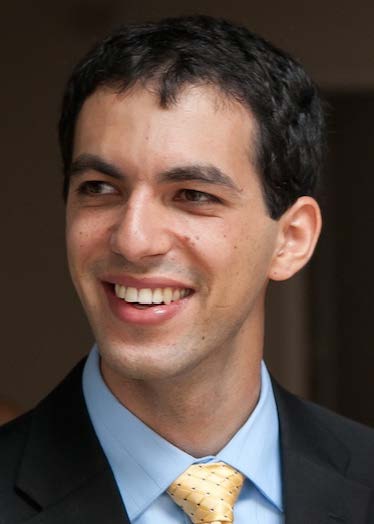
We get to do something meaningful for people every day. Watching my co-interns and residents take care of patients is one of the most transformative professional and personal experiences of my life.
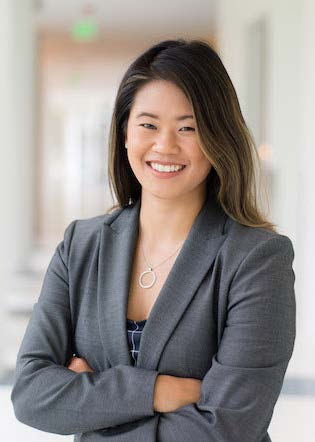
Everyone has their own focus and ability to contribute to making medicine (and the world) more equitable and just. We are all able to uplift and encourage each other in whatever we choose to do.
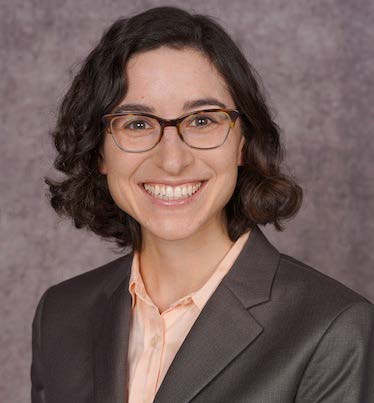
I am particularly impressed by the open communication between residents, chiefs, and program/hospital leadership, which has been an effective way to implement meaningful changes.
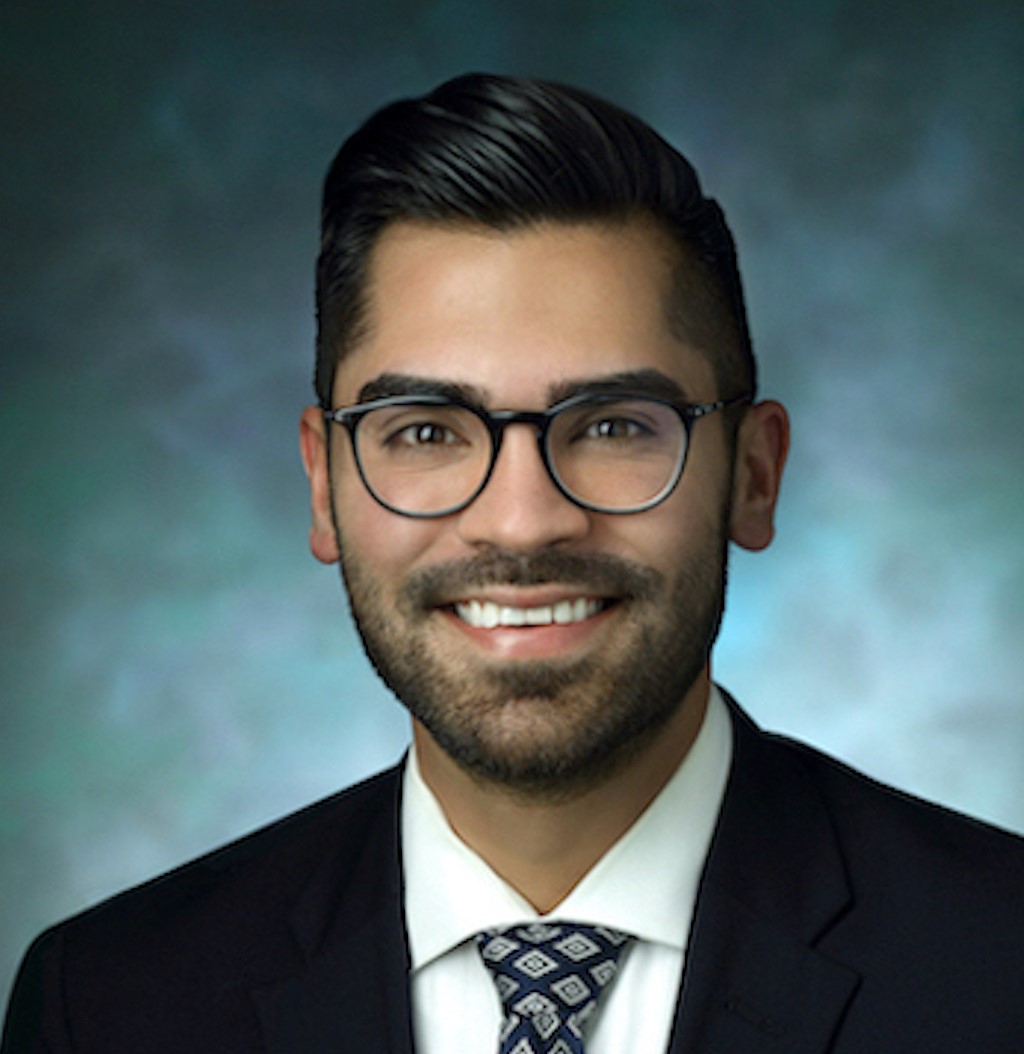
When you're family, you never worry alone
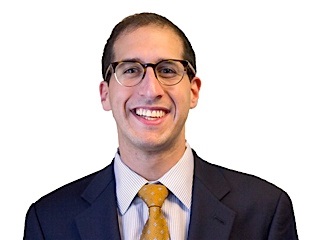
It is such a vibrant community of talented residents who advocate for their patients and colleagues!
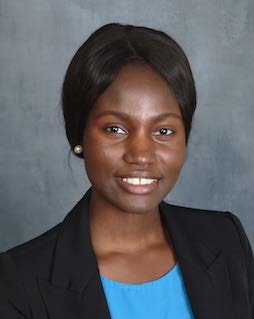
Focused Pathways
In response to rapid and dramatic changes in the face of healthcare, the Brigham has created a number of novel focused training experiences. Categorical, primary care, medicine-pediatrics, and medicine-dermatology interns can apply for entry into our innovative tracks:
- Clinical Investigation Pathway
- Howard & Doris Hiatt Global Health Equity Program
- Leadership for Health Equity Pathway
- Medicine Management Leadership Pathway
- Scholars in Medical Education Pathway
- Science in Residency Pathway
Entry into each of these pathways is limited to BWH interns. The vast majority of the Brigham residents participate in research during residency in one way or another (including basic science, clinical science, education, global health, and other individually crafted projects). All residents have access to outstanding research opportunities and with the help of faculty and program director mentorship, including Becky Baron, the Associate Program Director for Scholarship, they can easily be matched with research mentors.
We have a specialized program with the Harvard Business School for selected residents to extend their training and attain both ABIM-certification and meet requirements for an MBA. This program is called The John McArthur Program for Medicine Leadership in honor of Professor McArthur’s contributions to high quality healthcare.
Hemi-Doc Program. Selected physician-scientist candidates with established investigative activities may be considered for the Brigham’s unique Hemi-Doc program, through which residents can continue their academic work during scheduled three- or six-month interruptions, which will extend training to four- or five-year deviation. Entry into this program requires advance approval from the program director, research mentor, and the American Board of Internal Medicine.
Innovation in the Residency
Our internal medicine residency program does not rest on our laurels. While we have a tradition of excellence, we are always looking for ways to improve. Programmatic change is steered by grass-roots resident involvement supported by attentive faculty leaders and a generous Department budget for innovation. Below are a few examples of the many innovative programs our residents and faculty have prioritized:
Social Justice and Antiracism
The Racial Justice and Health Equity Committee is an organized community of residents who are championing our deeply held view of health as a human right, and advocate, educate, and mobilize around health equity issues, especially combating racism in medicine. We employ a multi-pronged approach to advance this mission including: advocacy work to affect policy change in the hospital as well as locally; curriculum redesign to incorporate health equity and anti-racist tenets into our education and; community outreach including a close association with the Sportsmen’s Tennis & Enrichment Center in Dorchester. We also ally closely with the Department of Medicine Health Equity Committee. We welcome input and alliance from those of all backgrounds, especially those who identify as BiPOC, person with a disability, and/or LGBTQIA+ to advance these causes. Antiracism and social justice are threads woven throughout the residency with many different touchpoints for activism, including but not limited to our Community, Equity, and Justice in Medicine (CEJM) during orientation, microaggressions response training, and ambulatory social justice curriculum.
Innovation at the Phyllis Jen Center for Primary Care
PJC has created an innovative model for team based care, the Physician Assistant (PA)/Internal Medicine Resident Co-Management Program in which PAs collaborate with resident PCPs in caring for their primary care patients. During the residents’ inpatient rotations, the PAs address the patient clinical messages and conduct visits for urgent and chronic illness management. This program has been extremely well-received by our residents. Additionally, the PJC Resident Operations Committee (a group of residents who have their clinic at PJC) provides ongoing perspective on PJC operations and policies, as they pertain to the resident experience. This year, the PJC Ops Committee has rolled out a new dot phrase to help ensure optimal patient re-scheduling and follow-up, contributed to reevaluation of resident panel sizes and composition, and created bimonthly PJC Updates for residents on their ambulatory rotations.
COVID Care and Investigation
The medicine housestaff played a pivotal role providing front line care and education in the BWH spring 2020 surge and in response have initiated a COVID-19 research program. Residents participated as clinical investigators in the Remdesivir clinical trial published in NEJM and are welcome to participate in multiple other BWH-based enrolling clinical trials. Residents are assisting on a major BWH-based SARS-CoV-2 vaccine clinical trial and on enrollment to the TestBoston population-based observation study co-sponsored between BWH and the Broad Institute. Medicine residents also serve on the MGB COVID Equity Committee. Multi-disciplinary Zoom “work-in-progress” research meetings with BWH trainees from clinical pathology, rheumatology, genetics and internal medicine showcase the most up-to-date findings, facilitate feedback, and provide a space for brainstorming future directions and starting new collaborations.
Point of Care Ultrasound (POCUS)
To facilitate the adoption of bedside ultrasound into routine clinical use, a Point-of-Care Ultrasound (POCUS) curriculum has been integrated into various rotations. Residents can learn about the basics of bedside ultrasound and their clinical applications while rotating in the Integrated Teaching Unit, in Cardiology, in the Intensive Care Units, or in the Procedure Elective (below). Over a dozen bedside ultrasound devices, ranging from Sonosite units with multiple transducers to ultraportable Butterfly probes, are available for focused clinical assessments or for procedure guidance. During the recent COVID surge, a multidisciplinary POCUS Committee consisting or residents, fellows, and attendings was created to facilitate rapid lung and cardiac evaluations in hospitalized patients by bedside ultrasounds. A vibrant POCUS Interest Group is now working on the safe expansion of the scope and reach of the POCUS curriculum.
Elective Training for Proficiency in Medical Procedures
Our internal medicine residents come with diverse aptitudes and career trajectories, some of which make procedural training highly desirable. The Bedside Procedure Service was established in 2019 and allows elective residents to receive hands on experience and outstanding coaching on medical procedures from expert faculty including didactics and simulation, close supervision, and actionable feedback. This popular rotation provides a robust foundation in both theoretical and practical aspects of common medical procedures including diagnostic lumbar puncture, paracentesis, thoracentesis, and central venous catheter placement.
Longitudinal Subspecialty Clinic
In order to enrich residents’ ambulatory options, junior and senior residents can elect to add an optional second, once-monthly longitudinal clinic in a subspecialty of their choice. Current longitudinal clinics include, but are not limited to: the following subspecialties: cardiology, endocrinology, gastroenterology, rheumatology, genetics, infectious diseases, pulmonology and oncology. Residents have also used this opportunity to explore other areas of medicine including integrative medicine, care of people experiencing homelessness and the care of substance use disorders.
Integrated Teaching Unit
The Integrated Teaching Unit (ITU) serves as a platform for piloting and studying innovations in medical education and clinical operations. The “Museum of Fine Arts” night is an example of one innovation that has now become an integral part of the rotation – every team is covered for one evening so that they can participate in facilitated teambuilding exercises at the museum and share a meal together. Other recently piloted programs include urine sediment “spin rounds” and a longitudinal, experiential point-of-care ultrasound curriculum that builds on ultrasound skills over the course of the month-long rotation. With the new need for social distancing, we are continuously adapting these programs so that we can safely promote the unique educational focus of ITU through 2020-2021.
Microaggression Response Training Curriculum
This curriculum began in 2019 and is spearheaded by one of our alumni, Dr. Herrick “Cricket” Fisher. All junior residents complete a two-hour practical training with Dr. Fisher as part of their ambulatory curriculum, which includes an innovative Microaggression Response Toolkit. There are additional noon conferences and morning reports throughout the year that include microaggression response strategies. Faculty and interdisciplinary teams in the Department of Medicine, Emergency Medicine and other specialties at BWH are also being trained through this unique program.
Brigopedia
Our residency intranet is Brigopedia, a MediaWiki-based platform developed internally by former Brigham residents. Continuously maintained and updated by the chiefs and current housestaff, Brigopedia is a living repository for all things residency-related, including resources on medical education, scheduling and rotation information, management protocols and clinical guides, and resident life and wellness. Slides and video recordings from morning reports and noon conference are also uploaded to Brigopedia for offline viewing and review, in partnership with BWH AV services.
Career Building
The Brigham Medicine Internship and Residency provide the clinical excellence, collaborative environment, and rich resources necessary to assemble the foundation for a productive and satisfying career in academic medicine. The ingredients of our multidimensional Mentoring Program, include individualized career advising, devoted faculty mentors, paired senior resident “Big Sibs,” exceptional local educational and research partners, and flexible electives to explore clinical, educational health policy, and investigative careers. Not surprisingly, BWH graduates have gone on to establish innovative academic niches, including medical anthropology, medical management, medical editing/journalism, and medical economics, among other hybrid fields. Please feel free to explore the links below to learn more.
Residency Application Process
Internship and residency applications are only accepted and reviewed through ERAS.
Application to the program should be made no later than October 1st. For applications submitted on time, letters can be added until November 1st. Applications must include the following in order to be considered complete:
- Application form
- CV
- Personal statement
- Dean’s letter (MSPE)
- Medical school transcript
- Three letters of recommendation
- USMLE transcript (Step 1)
Massachusetts State STEP 2 Requirement
Please note that prior to enrollment in any Massachusetts residency program, all interns are required to have passed USMLE Step 2 CK by the time they apply for their limited license (i.e. in Spring of the match year). Our strong suggestion is that all of your exams be completed and available for review by the date match lists are submitted. Please be aware of this requirement and plan your exams accordingly.
Primary Care Candidates
Candidates applying to our Primary Care tracks must apply to both the DGM and HVMA programs, as well as the Categorical program. All applicants selected to interview on a Primary Care day will also be scheduled to interview on a Categorical day (generally done on two adjacent days).
Neuro-Preliminary Candidates
Neurology candidates applying for a preliminary year in medicine who are selected for an interview will receive an invitation through the BWH/MGH Harvard Neurology Residency Program. Interviews through Neurology qualify for ranking on our program’s Preliminary rank list. Candidates do not need to interview for the Preliminary track in addition to the Neurology interview.
International Medical Graduates
All applications are judged equally without regard to the nation of medical training. International Medical Graduates must have ECFMG certification and a completed ERAS application. Historically, successful applicants have USMLE (Steps 1 & 2) scores of above 260 and documentation of prior clinical training in the US or Canada. On average, IMGs with extraordinary qualifications make up 1-3 interns per year. If accepted, BWH will sponsor either an H-1 or J-1 visa.
Residency Interviews
Invitations for interviews are issued only after the applicant’s file is completed and reviewed by members of the Internship Selection Committee. If special personal or financial circumstances arise requiring early notification with regard to an interview, an applicant may contact the Medicine Residency Office to request early application review.
Signaling
NRMP Codes
- Categorial: 1265140C0
- Preliminary: 126540P0
- Preliminary – Neurology: 1265140P1
- DGM Primary Care: 1265140M0
- HVMA Primary Care: 1265140M1
- Medicine – Pediatrics: 1265700C0
- Medicine – Dermatology: 1261785C0
Application Frequently Asked Questions
Applications to our the BWH Internal Medicine Program should be made through ERAS and the NRMP. You can contact ERAS through their website. The NRMP can be contacted in writing at 2501 M Street, NW, Suite 1, Washington. D.C. 20037-1307 or by calling (202) 828-0676. The deadline for receipt of applications is October 1. For applications submitted on time, letters can be added until November 1.
Yes. When applying to either of the Primary Care programs, applicants are automatically considered for, and interview in, both programs.
All applicants who apply to the Primary Care programs must also apply to and will be considered for the Categorical program. Primary Care applicants should select both the Categorical Medicine and Primary Care Medicine options on their ERAS applications. All applicants interviewing on a Primary Care day must also interview on a categorical day (generally done on two adjacent days).
No. We know that most students are exploring multiple career possibilities when they apply to residency. We strongly encourage students who are contemplative about primary care and interested in learning more to apply to our programs and to utilize the interview process to gain more insight into IM-primary care training and diverse career pathways.
You must first apply to one of our standard residency tracks and be accepted in our program as an intern. The applications for the focused residency pathways will be accepted in the fall or winter – depending on the pathway – of your intern year. The only exception is our Medicine-Dermatology track. For this track, you must apply directly to this program.
An application is considered complete when it contains a CV, personal statement, Dean’s letter (MSPE), medical school transcript, 3 letters of recommendation, and USMLE transcripts.
If an applicant wishes to submit more than the required 3 letters of recommendation, there is no penalty.
Copies of reprints are not required, but are accepted and added to an applicant file when received.
All correspondence should be addressed to:
Joel T. Katz, M.D.
Director, Internal Medicine Residency Program
Brigham and Women’s Hospital
75 Francis Street
Boston, MA 02115
Interviews are by invitation only. Once the Internship Selection Committee has determined an application to be competitive for our program, an invitation will be sent via e-mail.
All applications are judged equally without regard to the nation of medical training. International medical graduates (IMG) must have ECFMG certification and a completed ERAS application. Historically, successful applicants have USMLE scores above 260 and documentation of prior clinical training in the US or Canada. On average, IMGs make up 1-3 interns per year.
Non-US citizens who are entering a BWH ACGME accredited training program are required to obtain visa sponsorship prior to beginning their program. The department of medicine sponsors J-1 and H-1B Visas. The Partners international office will help you in determining the appropriate visa, and guide you through the application process: Partners International Office: 617-724-2262.
No, we do not. This is because the poll is an advertising ploy that rewards programs which encourage residents and graduates to join, which we feel potentially violates their privacy. In addition, the Association of Program Directors in Internal Medicine strongly recommends against participation.
Credited away rotations can be arranged through the Harvard Medical School Registrar’s Office. Our program does not offer observerships.
Resident Testimonials
Why did you choose to train at BWH?
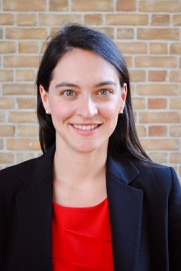
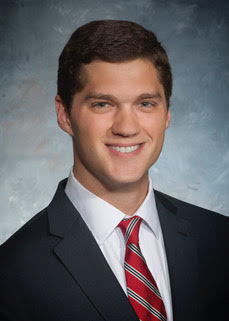
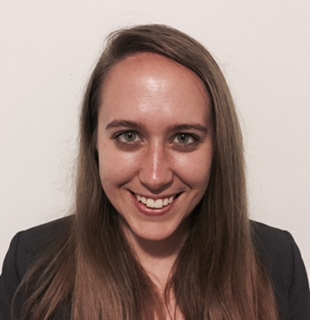
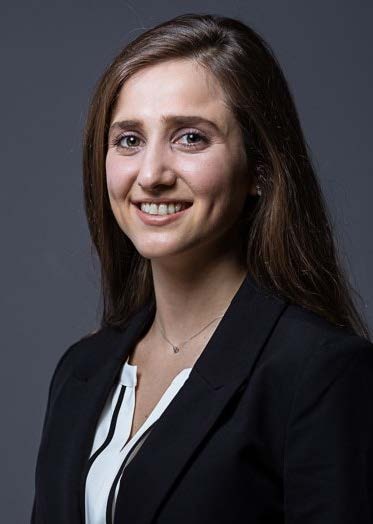

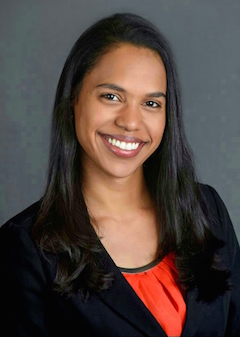
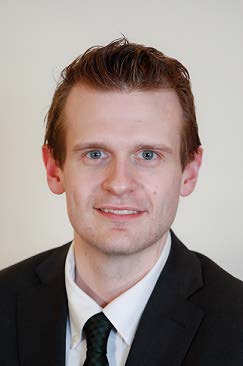
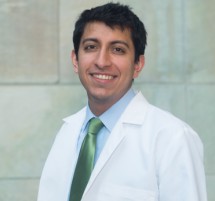
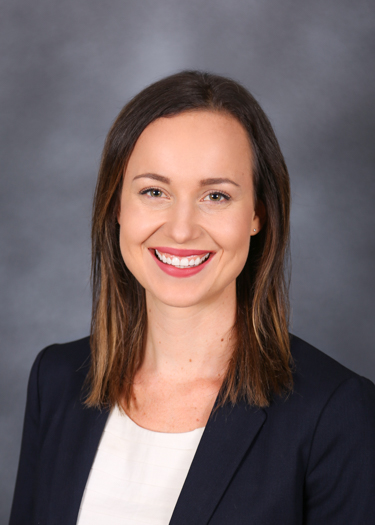
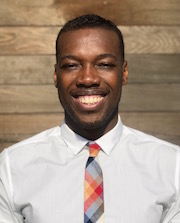
What do you love most about the Brigham Family?
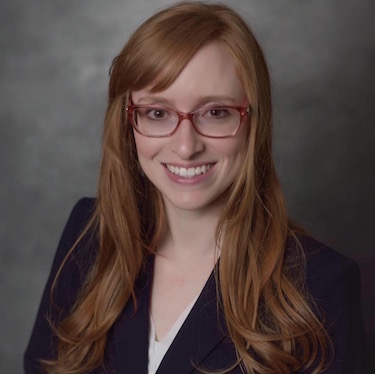
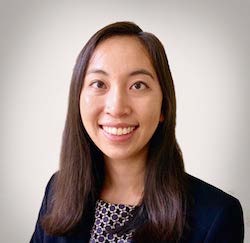

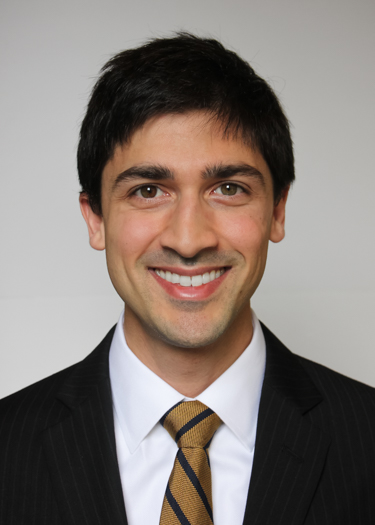
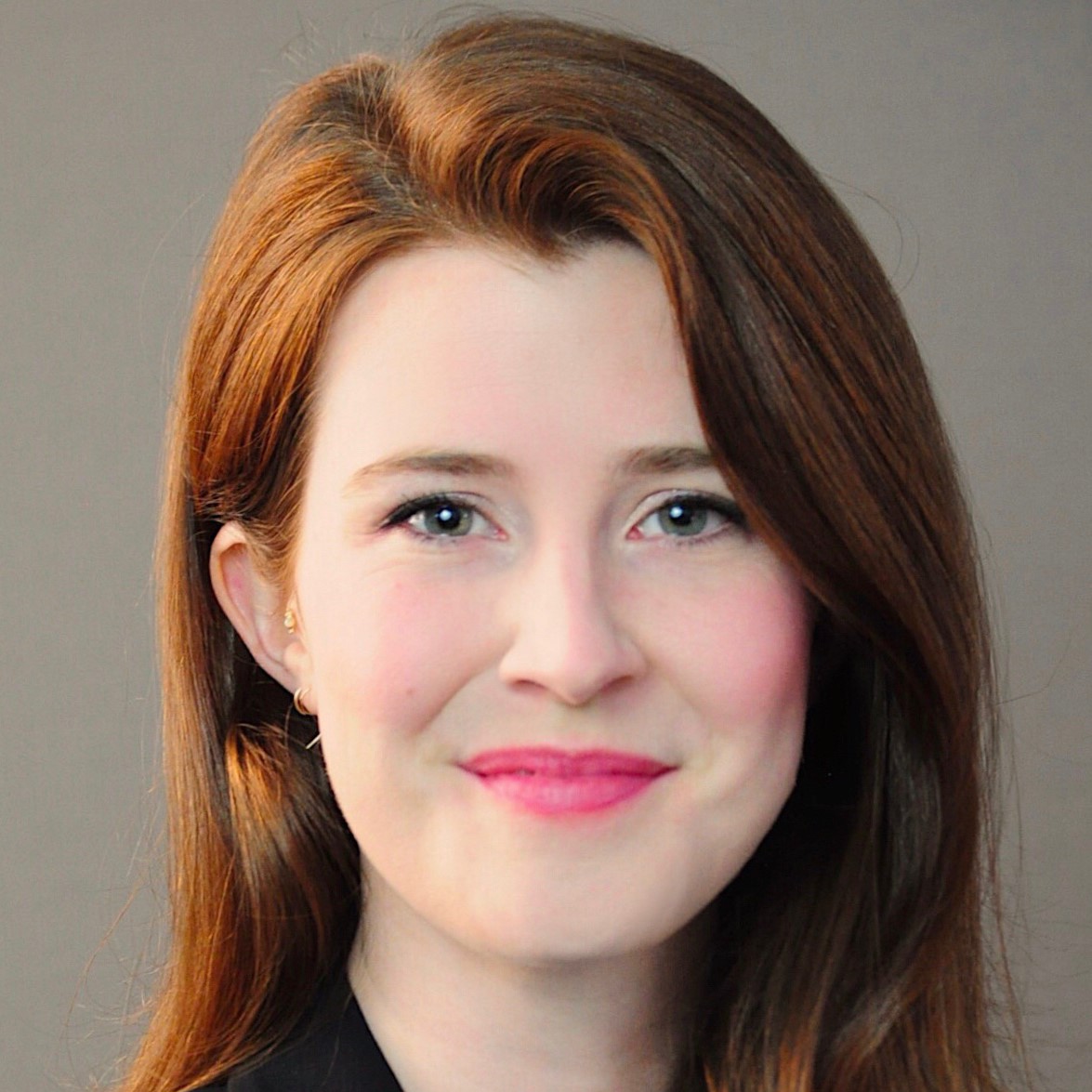

Contact Us
Brigham and Women’s Hospital
Internal Medicine Residency Office
Tel: (617) 732-5775
Fax: (617) 264-6346
Email: BWHresinfo@partners.org
Verification Requests
To verify post-graduate training in Internal Medicine, please send your request to: bwhimverify@partners.org
Medicine Residency Office Staff
- Nina Gill – Director, Education Administration
- Katie Armstrong – Assistant Director, Education Administration
- Deborah Handsom – Senior Administrative Assistant
- Tasya Rakasiwi – Manager, Education Finance
- Kamile Bautista – Education Project Analyst
- Lauren McIsaac – Senior Education Program Coordinator
- Cameron Walker – Senior Education Program Coordinator
- Peyton Cabaniss, MPH – Education Program Coordinator, Pathways Liaison
- Dan Pineda – Education Program Coordinator, Med-Peds Liaison
- Nora Copple – Education Program Coordinator, Medicine Clerkship
- Vanessa Chai – Education Program Coordinator
